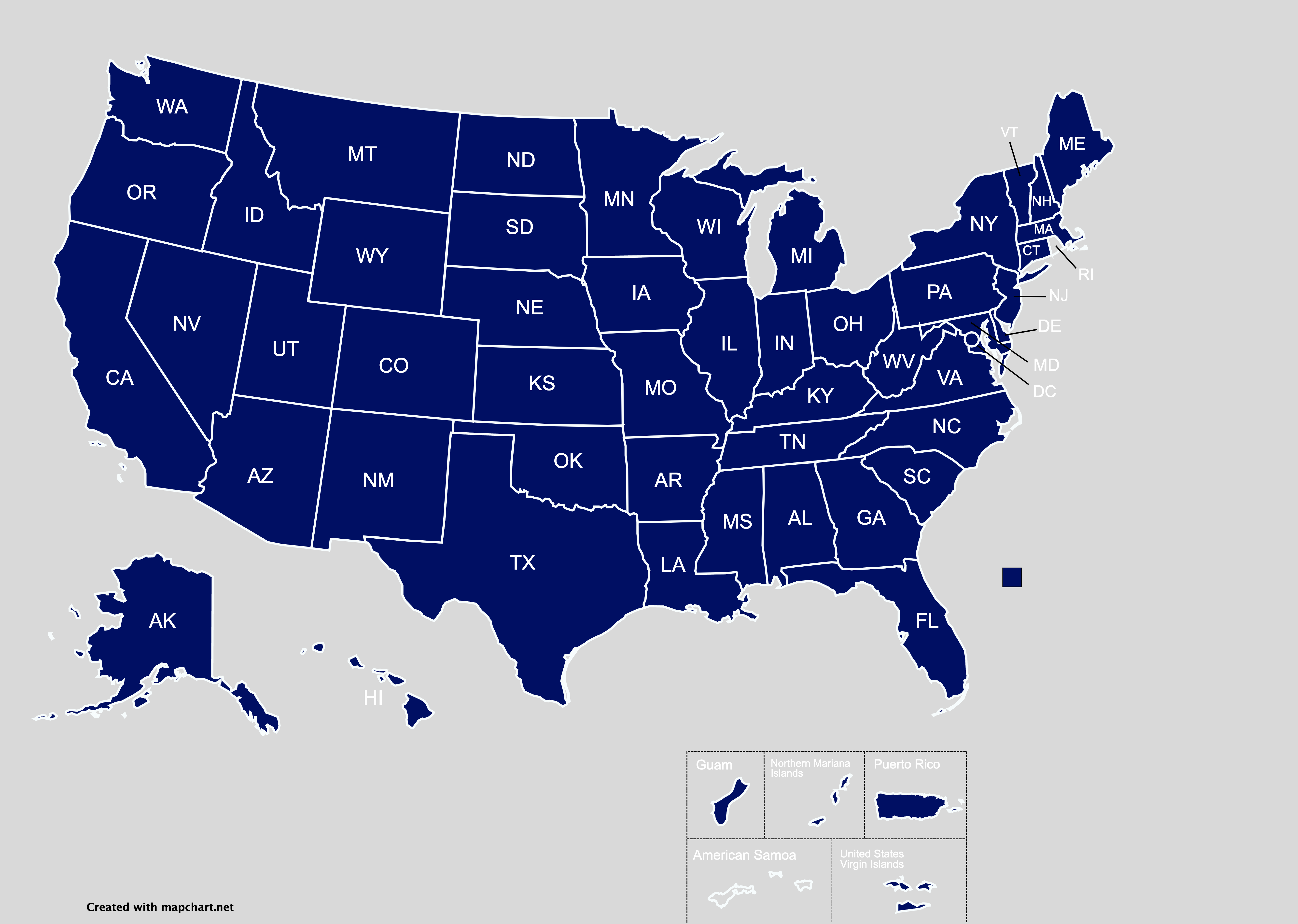Believe It or Not, Bipartisanship Still Exists in Washington
In recent years, Washington, D.C. has become synonymous with gridlock in more ways than one, with disputes and distrust extending from the beltway to the Capitol. The Congressional App Challenge, a bipartisan initiative of the House of Representatives, aims to bring lawmakers from across the country and the aisle together to inspire students from all 50 states to pursue a passion for STEM fields.
In 2015, 186 Members of the House of Representatives, consisting of 93 Democrats and 93 Republicans, registered to participate in the inaugural Congressional App Challenge. Today, that number has grown to a historic bipartisan coalition of 339 Members of Congress. Spanning 50 states and five U.S. territories. Over 75% of the House of Representatives now hosts annual coding competitions for middle and high school students in their districts. This historic buy-in from Congress represents the bipartisan spirit towards building a strong and robust American workforce and a desire to maintain American competitiveness in an ever-changing world economy.

In the first year, the 186 Members that signed up to host App Challenges were split evenly among House Democrats and Republicans. This bipartisan nature still exists, with 184 Democrats and 165 Republicans hosting App Challenges for students in 2021. This bipartisanship spans the ends of the political spectrum, with 79% participation from Members of the Congressional Progressive Caucus and 58% participation of Members from the House Freedom Caucus.
In addition to a diversity of viewpoints, there is also a geographical diversity. 67% of rural districts and 78% of urban districts elected to join the App Challenge in 2021. Participation has also been taken up by the newest Members of Congress as well, with 77% of Freshmen Members in the 117th Congress registering to host App Challenges in their districts. Broad bipartisan support is essential to encouraging as many students as possible to take part in this competition and learn new skills that will benefit them in the future.
Across the aisle, Members have championed the program and its far-reaching ability to include students that are often left out of computer science. “Not all the parts of this country, or even my congressional district, have the same opportunities. So I want to encourage other kids to participate, so that it’s not just those who already have a background in science,” said App Challenge Democratic Co-chair, Rep. Jennifer Wexton (VA-10).
“STEM education… is the bridge to job creation, good paying jobs, economic growth, and U.S. leadership and global competitiveness,” said App Challenge Republican Co-chair, Rep. Young Kim (CA-39). This commitment from bipartisan co-chairs has led the Congressional App Challenge to become one of the most bipartisan efforts within the House of Representatives. This effort has been bolstered by a variety of legislation aimed to enhance student readiness for the future workforce.
In the 117th Congress, both the House and the Senate have shown their commitment to a strong and robust workforce by passing transformative pieces of legislation to keep America competitive in the 21st century. The Senate recently passed the bipartisan United States Innovation and Competition Act of 2021, a bill aimed to boost American funding of scientific research, STEM education funding, and to maintain competitiveness with China. While the House has passed a series of bipartisan bills including the National Science Foundation for the Future Act from Rep. Eddie Bernice Johnson (TX-30) and the Rural STEM Education Research Act from Rep. Frank Lucas (OK-03), both of which aim to increase participation in STEM studies from grades Pre-K – 12 in underserved communities. The strong backing of bipartisan legislation and participation in this unique event demonstrate Congress’s commitment to furthering the education of students in STEM and to creating a strong and diverse workforce.
With a bipartisan commitment across a supermajority of the House of Representatives and legislation that aims to increase the number of students in STEM and computer science, the future of the American STEM pipeline appears bright. In addition to the economic trends towards tech, our students today must be ready to tackle the issues of tomorrow using the problem solving skills harnessed with a STEM education. Issues such as cybersecurity, public health crises, and climate change are the issues that can be resolved with a robust workforce of highly skilled American STEM workers. As the school year begins and students are returning to the classroom, the Congressional App Challenge is aiming for another record-breaking year of student participation. With this historical participation from Members of Congress, the App Challenge is well on its way to reaching 15,000 students in 2021.
Registration for the 2021 Congressional App Challenge is now open. Middle school and high school students across the 339 participating congressional districts are eligible to register and submit their apps between now and November 1st. Students can register on the Congressional App Challenge’s website.
